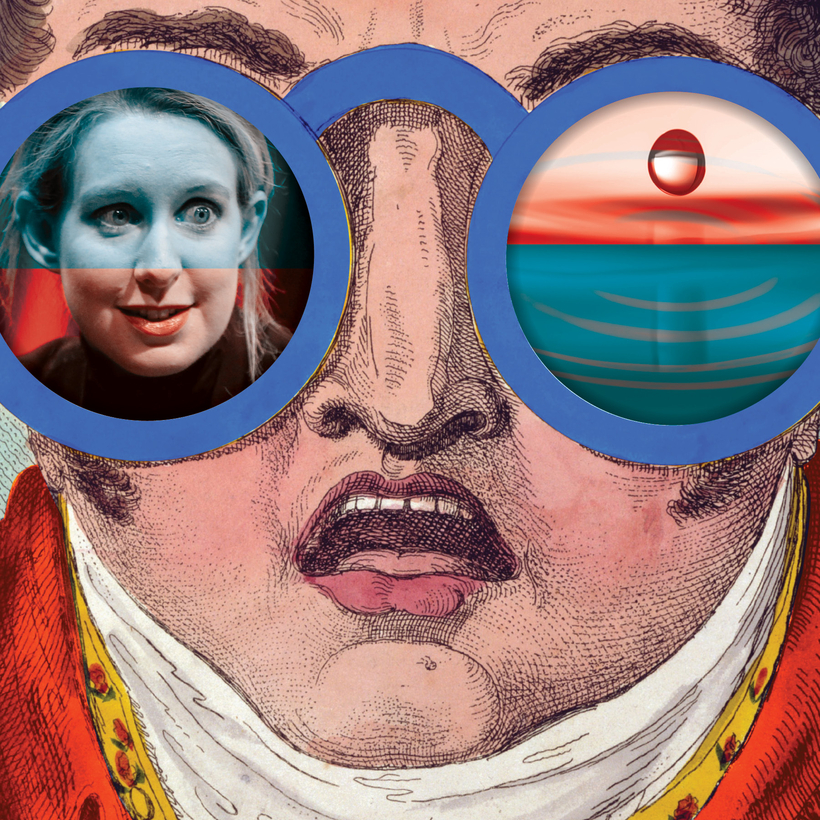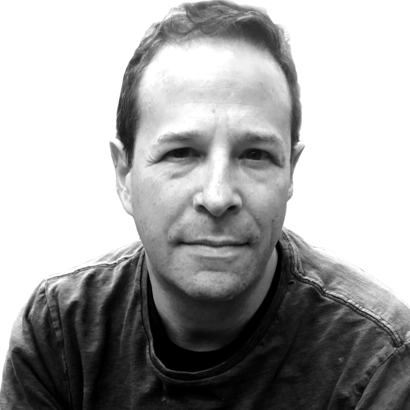It’s not that she couldn’t blink, but that she chose not to. It’s not that her voice was really that deep, but that she knew investors look for someone who speaks with authority. It’s not that she wanted to wear black turtlenecks, but that that’s how Steve Jobs dressed and that’s what she was shilling: a chance to invest in the next Apple computer. It’s not that she became what she wanted, but that she became what you wanted—you being the market, the boardroom, the wise old men, and Wall Street.
That’s the story of Elizabeth Holmes, disgraced founder of Theranos, a “private health care and life sciences company,” which, before the balloon popped, was ranked among the most valued companies in Silicon Valley, making Holmes the billionaire face of America’s high-tech future.


